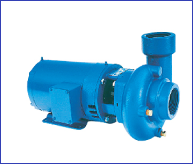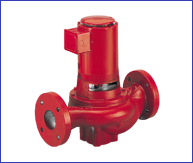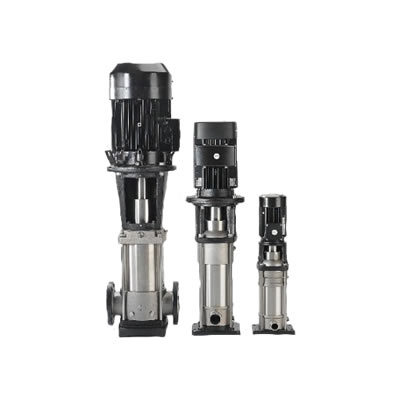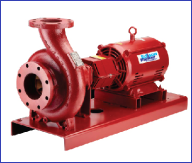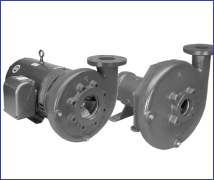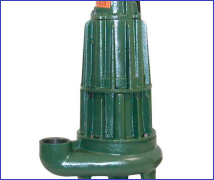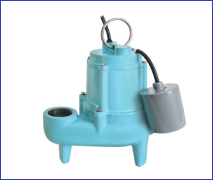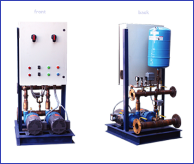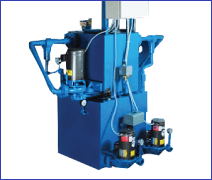- Refrigerant recovery: Suction pumps are used to recover refrigerant from HVAC systems, which can then be recycled or properly disposed of. This is important for environmental reasons, as refrigerants can be harmful to the environment if not properly handled.
- Air conditioning service: Suction pumps are used to remove air and moisture from air conditioning systems, allowing them to operate more efficiently and reducing the risk of damage or breakdowns.
- Vacuum testing: Suction pumps can be used to test the vacuum of an HVAC system, ensuring that it is operating properly and is free from leaks.
- Duct cleaning: Suction pumps can be used to remove dirt, debris, and other contaminants from HVAC ductwork, improving air quality and reducing the risk of allergies and respiratory issues.
Suction pumps are also used in a variety of chemical processing applications to remove air and other gases from the production line. This helps to create a vacuum and maintain an inert atmosphere, which can be important for ensuring the quality and consistency of the final product. Here are some examples of how suction pumps are used in chemical processing:
- Removing gases from chemical reactors: Suction pumps can be used to remove air and other gases from chemical reactors, helping to create a vacuum and promote the desired chemical reactions. This is often necessary in processes that involve the production of fine chemicals, pharmaceuticals, and other high-value products.
- Vacuum distillation: Suction pumps are often used in vacuum distillation, a process that involves separating different components of a mixture by boiling them off at different temperatures. By creating a vacuum, the boiling point of the mixture is reduced, making the process more efficient and effective.
- Evaporation: Suction pumps can also be used in evaporation processes, where a liquid is boiled off to leave behind a solid or concentrated solution. By removing air and other gases from the system, suction pumps can help to create a vacuum and improve the efficiency and consistency of the evaporation process.
Suction pump systems are not as strong as vacuum pumps and are better suited for applications that require lower pressure.

 718.768.1600
718.768.1600